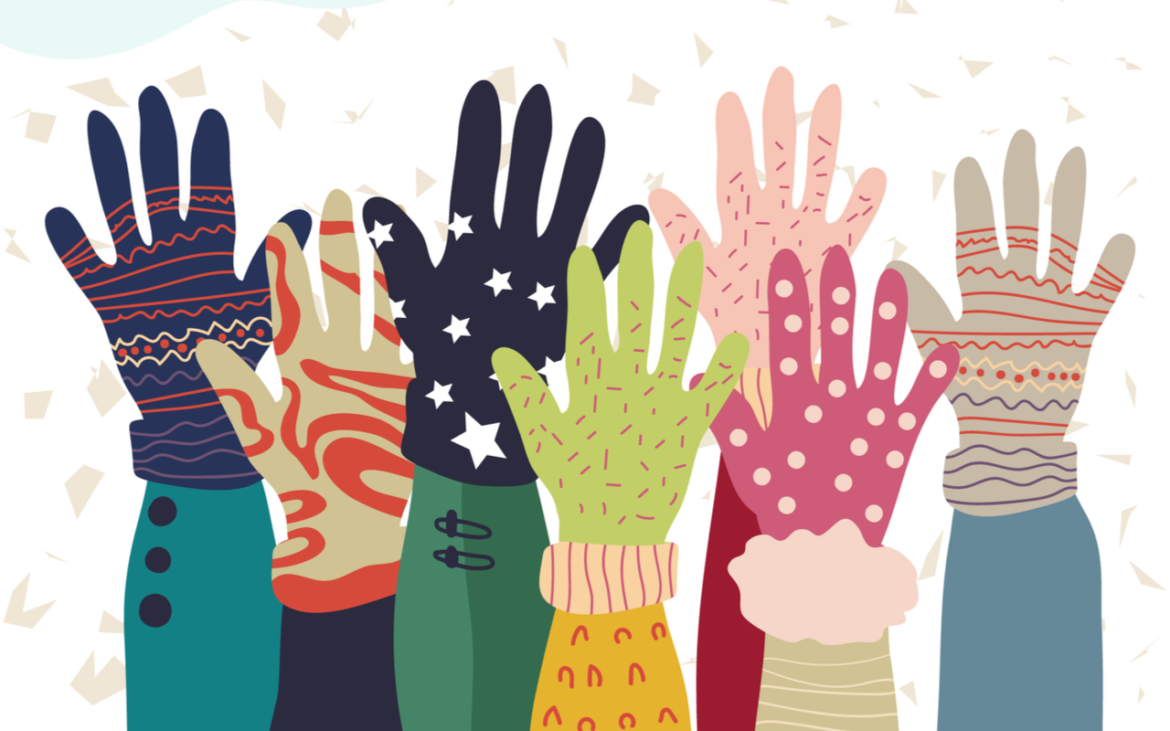The sympathetic nervous system, which makes up part of the involuntary nervous system, is responsible for regulating important bodily functions such as heart rate, blood pressure, body temperature, digestion and so on. It allows animals to take quick decisive actions without having to think. When faced with danger an automatic physiological response occurs, the sympathetic nervous systems stimulate the adrenal glands triggering the release of catecholamine hormones, which include adrenaline and noradrenaline. When this happens, animals, including humans, either stay and fight or take flight or run away.

COVID-19 presents us with a real and omnipresent danger. What we are being asked to do, seems contrary to our natural instincts. This is particularly so for young people. At a time of many physical and physiological changes, there is a significant change in the in hypothalamic-pituitary-adrenal (HPA) axis, resulting in heightened stress-induced hormonal responses. The HPA moderates the immune response. While it is unclear as to why, or what impacts this heightened response has on individuals, what is clear is that this area of the brain continues to develop during adolescence and are particularly response to danger. What we are being asked to do to keep others safe from this virus is difficult. It is even more so for our young people.
Youth Volunteering provides us with an opportunity to create the circumstances where young people are given a sense of purpose by being reactive and proactive in the face of COVID-19. My definition of Youth Volunteering is when a young person takes action, in response to a need, without the expectation of anything in return. Within days of the ‘lockdown’, we mobilised Localise Youth Volunteers to take action in the response to the needs of others in crisis. In the absence of being physically present, 200 remarkable young people used their digital skills to reach out and support front line workers, and the isolated and vulnerable members of their communities.
The success of these projects has led to other caring institutions asking Localise to develop and deliver similar projects to their service users. As schools reopen, we are inundated with requests from schools wishing to volunteer in this way.
And while it is important to provide young people with flexible and results driven programmes in the short term, what is becoming increasingly more obvious is the need is a longer-term, larger scale, national youth volunteering platform. A planned programme for the purpose of aiding and enhancing the personal and social development of young persons through volunteerism that complements formal academic education and training. Such a platform would allow every young person in the country, the opportunity to have a voice and a sense of purpose in these challenging times and beyond.
What we are seeing is that this type of planned volunteering programme allows for young people to become part of the bigger societal picture, and consequently, they begin to realise their place in it. The profundity of unlocking this sense of belonging through community action, is creating an empathy with the world around them. There is overwhelming scholarly evidence as to the benefits of volunteerism; included here is evidence of enhancing employment opportunities, the development of active citizens, helping with identity formation, the affirmation of personal values, enhanced social capital, confidence building and much more. What is most significant about youth volunteerism is how it provides a liminal space, a point of entry for young people where they can be challenged so that they emerge as something other, someone more.
So instead of asking our young people to do that which contradicts their very biology, we can provide them with the opportunity to be part of the something momentous. To be part of something larger than themselves, so that they can have a sense of purpose, so that they can stand and fight.
By Harry Keogh – Education Coordinator with Localise Youth Volunteering
